HotSpots H2O, August 20: Taliban Attack on Ghazni, Afghanistan, Cuts Off Water, Power
The Rundown
On August 10, Taliban fighters attacked the Afghan city of Ghazni from four sides. Ghazni is a key corridor between the capital Kabul, which lies 90 miles to the north, and southern Afghanistan. The siege lasted five days and resulted in numerous civilian and military casualties.
The Afghan army has retaken control of the city, but conditions in Ghazni remain “particularly grim,” according to the United Nations. The battle shut down water supply, electricity, and telecommunications in the city of 270,000. Hospitals are struggling to treat victims amid the unfavorable conditions. In addition, security concerns are slowing the delivery of aid.
“When the fighting started the whole city lost power and there wasn’t enough food and water. We didn’t stock food because we didn’t know the Taliban would attack the city.” –Safiullah, a Ghazni shopkeeper, on the lack of basic amenities. Several civilians report difficulty finding water in the city.
By The Numbers
200 to 250 Estimated civilian casualties in Ghazni, according to the United Nations. The death toll has not been officially verified.
20 percent Proportion of Ghazni residents who rely on the city water system, which was cut off when fighting began.
500 kilograms Amount of chlorine that UNICEF will use to flush the city water system.
30,000 Civilian casualties across Afghanistan since 2009, when the United Nations began tracking the civilian death toll. An additional 55,000 people have been wounded.
23 Aid workers killed this year in Afghanistan. Thirty-seven have been seriously injured, and 74 have been abducted. A spike in violence has hampered humanitarian efforts in recent months.
On The Radar
The United Nations reports that Ghazni’s water infrastructure sustained no major damage, and that parts of the system are running again. Aid organizations are reportedly prioritizing chlorination of the city’s water supply.
Other utilities in Ghazni, though, remain severely disrupted. Telecommunications and electricity are still down in much of the city. Power shortages mean that residents who rely on boreholes have difficulty pumping water from their wells. The United Nations and other aid organizations are attempting to help, but there is no safe way for humanitarian workers to enter the city at this time.
Resources and Further Reading
Afghanistan: Battle-torn Ghazni residents ‘can’t find food’ (BBC)
Afghanistan: fuel, medicine and fresh water reach hospital in Ghazni (Relief Web)
Afghanistan: Ghazni Conflict Update No. 3 (as of 16 August 2018) (Relief Web)
After Taliban Siege of Ghazni, Afghans Tell of Fear and Deprivation (The New York Times)
As Fighting Escalates, U.N. Urges Protection for Aid Workers in Afghanistan (The New York Times)
Kayla Ritter is a recent graduate of Michigan State University, where she studied International Relations and Teaching English to Speakers of Other Languages. She is currently based in Manton, Michigan. Kayla enjoys running, writing, and traveling. Contact Kayla Ritter

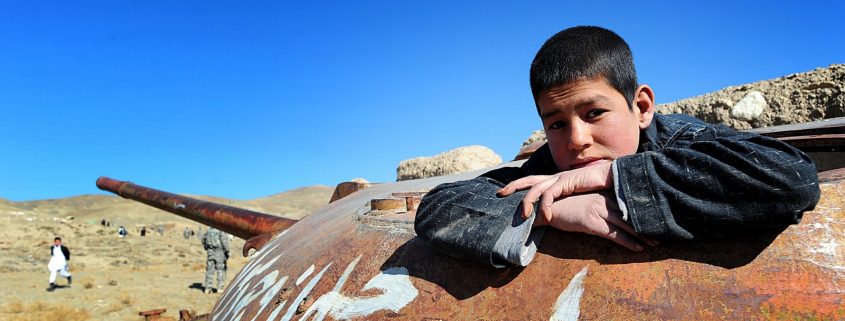

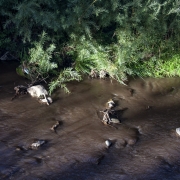

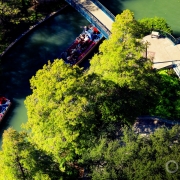
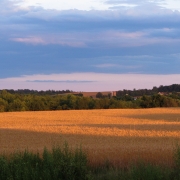
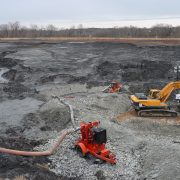
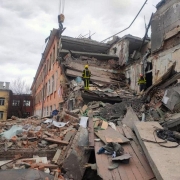




Leave a Reply
Want to join the discussion?Feel free to contribute!